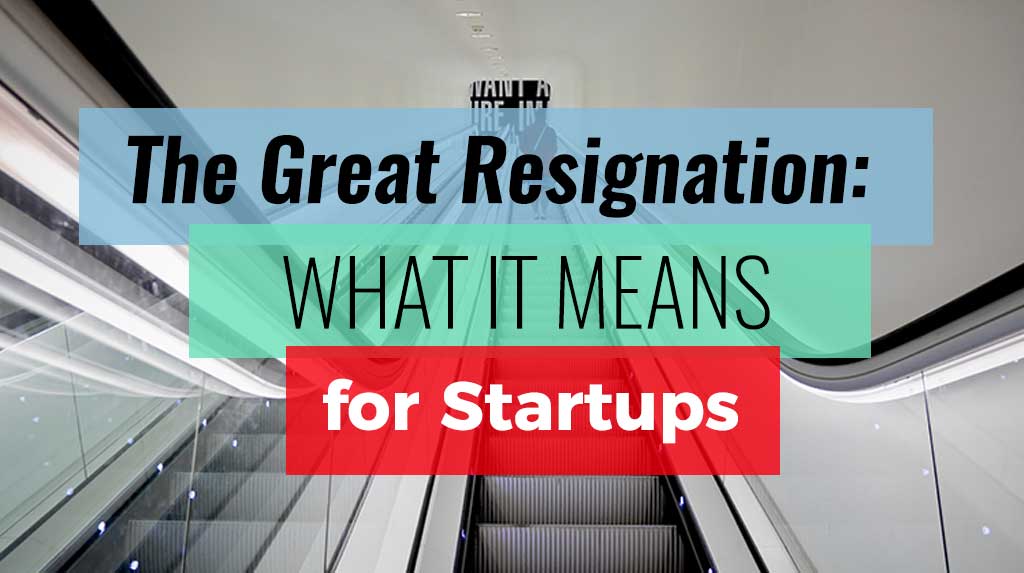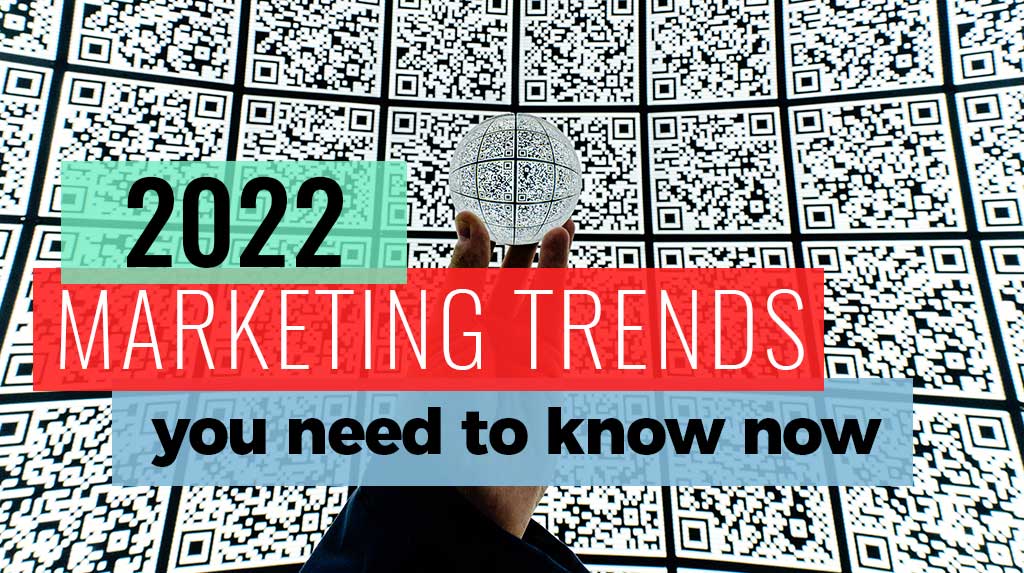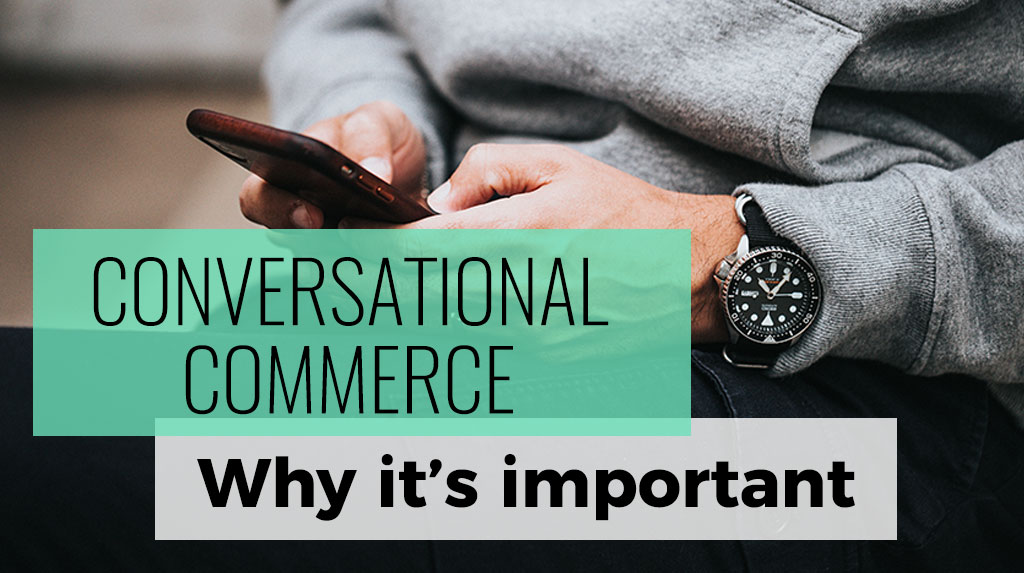What this concept means for businesses- today, tomorrow and in the future
Messaging is and will continue to be on the rise, with WhatsApp’s 1.5 billion users and Facebook Messenger’s 1.3 billion, alongside other apps such as Instagram and WeChat. Currently on Facebook Messenger alone 20 billion messages are exchanged each month between people and businesses. Conversational commerce is gaining momentum as:
- Over 70% of customers surveyed say they will message businesses with customer service questions and over 59% to make purchases.
- Over 58% of customers feel more confident messaging a business than filling out a form on their website.
- 75% of customers are more likely to spend more with a brand if they can message rather than call.
Customers are driven by convenience.
Convenience is a significant driving force for most of today’s world and conversational commerce is no different. The consolidated consumer journey is a lot more appealing than lengthy email correspondence or slow unnavigable websites.
The digitally savvy generations are amplifying the conversational commerce concept as they seek out a convenient purchase process and socially centric customer service.
%
of Gen Z & Millenials have recently purchased natively from a social media platform
Types of Conversational Commerce:
1. Messaging Apps
2. Messaging & Support Tools
3. Live Chat
4. Chatbots
5. Voice Assistants
%
of consumers prefer live chat options over other service channels like email
Benefits to businesses:
1. Improved Customer Service
2. Time & cost-effective
3. Increasingly personalized
4. Better conversion rate
5. Lower cart abandonment

Benefits to customers:
1. Less waiting around
2. Optimal convenience
3. Personalized assistance
Conversational commerce may be a relatively new term but it’s one you will want to add to your vocab. With the growth of social media platforms and new technological developments being made every day, this way of serving customers is unlikely to disappear anytime soon. Into the future… Customers’ expectations are ever-growing, and your business needs to be equipped and flexible to adapt to the diverse and changing needs of customers.
need some conv. comm help ?
you may also like
proudly servicing
AUSTRALIA | BRAZIL | CANADA | FRANCE | GERMANY | ITALY | INDIA | JAPAN | MEXICO | NETHERLANDS | NORTH AFRICA | PORTUGAL | SPAIN | SOUTH EAST ASIA | SWEDEN | SWITZERLAND | TURKEY | UNITED KINGDOM | UNITED STATES
© 2026 BLACKSOC. ALL RIGHTS RESERVED.


























